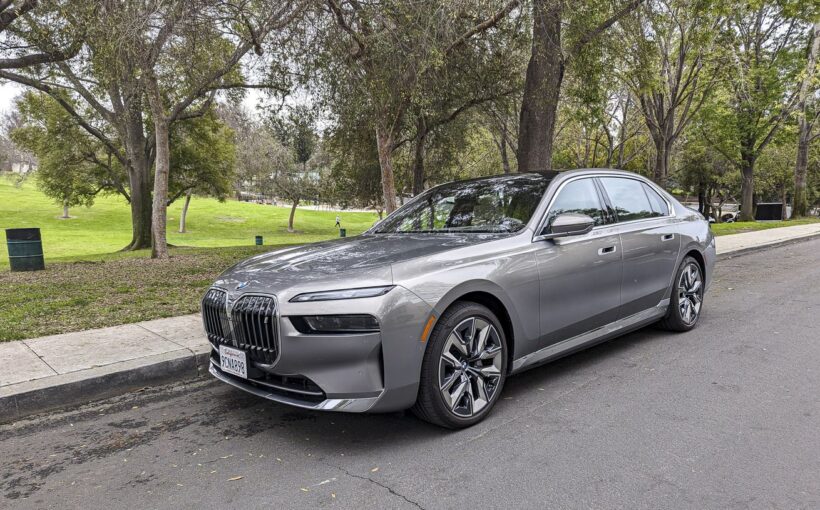
BMW of North America struck a deal to recycle lithium-ion batteries from all of its electrified vehicles with Redwood Materials, the companies announced today.
The German automaker said it would instruct its dealers to send old batteries from all of its electrified models, including battery-electric, hybrid, mild hybrid, and plug-in hybrid vehicles from brands like BMW, Mini, and Rolls-Royce, to Redwood for recycling.
Redwood, which was founded by Tesla cofounder and ex-chief technology officer JB Straubel, will handle the end-of-life batteries at its two facilities. One facility is in Reno, Nevada, and the other, which is still under construction, will be in Charleston, South Carolina — somewhat near BMW’s Spartanburg and Woodruff plants. The automaker’s battery cell manufacturer, AESC, is also located nearby in Florence, South Carolina.
Redwood wouldn’t share which specific materials from BMW will be recycled, but in past deals, the company has processed cathode and anode material, which are key ingredients in lithium-ion batteries. The company takes the materials and transforms them into “high-quality” battery materials that can then be sold back to its many partners to make new EV batteries. Around 95–98 percent of these materials are eventually recovered and returned to the supply chain, Redwood says.
Redwood praised BMW as a “pioneer in electrification,” citing the introduction of the i3 hatchback EV in 2013. (BMW later discontinued the i3.) The automaker has said that by 2030 it will have at least six all-electric models under production in the US. BMW currently has several electric models for sale in the US, including the i7, the i4, and the iX SUV.
Redwood Materials was founded in 2017 by Straubel. In addition to breaking down scrap from BMW’s battery-making process, the company also recycles EV batteries from Tesla, Ford, General Motors, Toyota, Nissan, Specialized, Amazon, Lyft, Rad Power Bikes, and others. Redwood is also recycling stationary batteries, like at a storage substation in Hawaii.
Many of the batteries from those first-wave electric vehicles, like the Nissan Leaf, the Tesla Model S, and the BMW i3, are just now reaching the end of their lifespan and are in need of recycling. After receiving batteries from its various partners, Redwood begins a chemical recycling process in which it strips out and refines the relevant elements, like nickel, cobalt, and copper.



